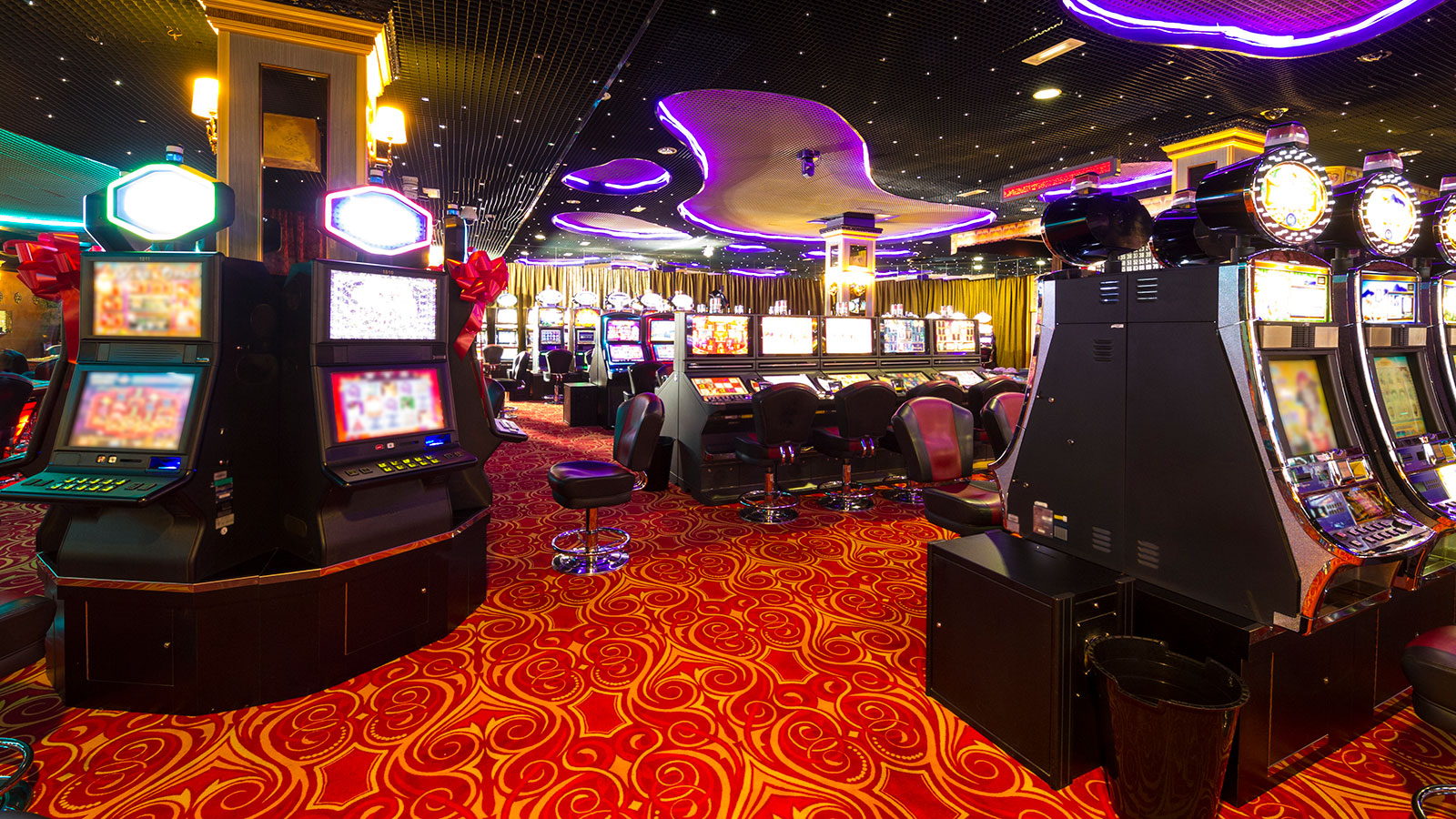When we think of casino games, the initial pictures that often cross our minds are those of spinning wheel wheels, card chips clattering on fabric tables, and dice flying across a betting surface. While many consider these games as mere hobbies fueled by chance, a more profound exploration reveals a fascinating blend of strategy, skill, and community engagement that raises them well beyond basic luck. Whether you are a experienced player or a inquisitive newcomer, grasping the nuances of these activities can greatly enhance your enjoyment and understanding.
Casino games have evolved over hundreds of years, with different cultures contributing to their diverse histories and variations. From the intricate tactics of 21 to the deception tactics in card games, players engage in a battle of intellect as much as a gamble on numbers. This dynamic interplay between chance and skill creates a thrilling atmosphere that draws millions to casinos worldwide. As we explore the world of table games, we will uncover the strategies that can tilt the odds in your favor and the community elements that make these activities a popular choice for entertainment and engagement.
A Strategy of Table Games
Casino gaming often combine a blend of ability and luck, which makes them intriguing for participants who enjoy a challenge. Every game has their own set of rules and strategies that can influence the results. For example, in titles like 21, participants are required to use tactics like card counting and understanding the probabilities to make smart decisions. This skill set can greatly improve the victory potential, differentiating experienced participants from beginners who may depend entirely on chance.
Conversely, games such as roulette may appear to be entirely based on chance, but strategic thinking can also come into play. Participants can select between different wagering strategies, such as the Martingale strategy, where they raise their bets after a loss. This approach can create a more controlled way to the activity. Grasping the probabilities of specific bets can also assist players make smarter decisions on the table, demonstrating that even in games of chance, strategy can enhance the experience.
Furthermore, the game of poker stands out as a title that heavily focuses on tactics. Unlike most casino titles, poker combines ability, mental acuity, and luck. Participants must not only focus on the cards they are dealt but also take into account their rivals’ actions and wagering patterns. Mastering principles like table position, pot odds, and reading bluffing is essential for winning. This complexity of tactics in poker often creates to a more immersive experience for participants, as the decisions and abilities significantly affect the game’s outcome.

Understanding Probability and Ratios
In the world of casino activities, probability and ratios have a critical role in deciding a gambler’s possible outcomes. Every game has its own collection of guidelines that define how the probability of succeeding or failing is measured. For instance, in games like blackjack, participants have a chance to affect their odds through tactics, whereas in games like the wheel, the results are entirely governed by luck. Comprehending how these chances are measured can greatly impact how a gambler tackles the match.
Odds are typically expressed in two forms: ratio and numeric. Ratio odds represent the ratio of the sum gained to the sum staked, whereas numeric ratios show the overall return for a winning wager, which includes the stake. For example, if a match has odds of 5 to 1, this means that for every one dollar bet, a player could win five units if successful. Learning how to understand these odds enables players to assess their possible winnings and formulate more informed choices during play.
Gamblers should also be aware of the house edge, which is the casino’s inherent benefit over the players. Each match has a different advantage, and comprehending this concept is essential for handling one’s hopes and budget. Activities with a reduced advantage, such as 21 and baccarat, typically offer superior ratios for players compared to activities like slot machines and keno. j88vip2 By acknowledging the relationship between chance, ratios, and the casino advantage, gamblers can improve their gambling engagement and plan more efficiently.
The Social Aspect of Casino Table Games
Casino games at gaming establishments are often seen as a hub of community engagement, bringing participants together in a shared experience that goes far beyond the mere act of gambling. The atmosphere at a blackjack table can be electric, with gamblers engaging not only with the game itself but also with each other. Joy, excitement, and, occasionally, playful teasing create connections that enhance the overall enjoyment of the gaming experience. This communal aspect can turn a alone endeavor into a dynamic social event, making table games particularly enticing.
One of the intriguing elements of gaming at tables is the way it cultivates camaraderie among players. Whether it’s teaming up to beat the dealer at a dice table or exchanging tales between hands in a poker game, the environment encourages communication. Players often share advice or strategies, creating a sense of togetherness that enhances the fun. This interpersonal atmosphere can make new gamblers feel included and less intimidated by the competitive nature of casino games. As the game progresses, friendships may form, leading to a sense of belonging that keeps participants returning to the table.
Moreover, the social aspect of gaming at tables extends beyond just the players. Casino staff play a vital role in facilitating interaction and maintaining the flow of the game. Their ability to engage players with friendly conversation and their expertise in managing the table can create an welcoming atmosphere. This relationship between players and dealers adds another layer of enjoyment, where gamblers feel bonded not only to each other but also to the staff. Such interactions are often what make the experience memorable, as players leave with tales to tell and relationships made, reinforcing the notion that table games are truly about more than just chance.